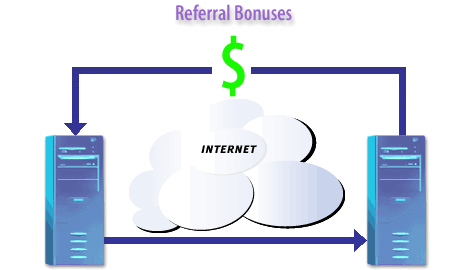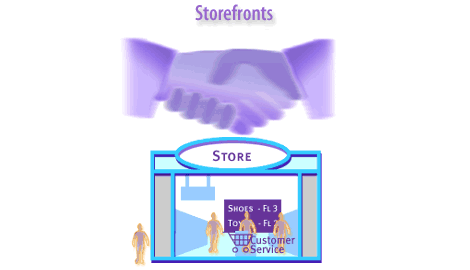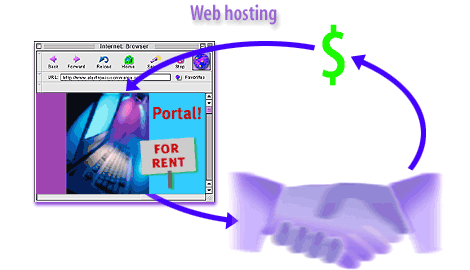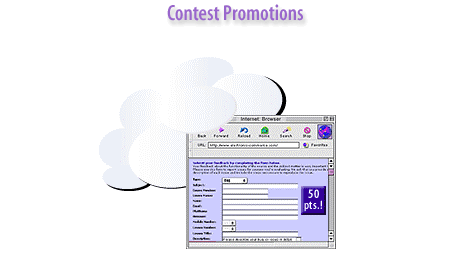One to one Marketing
One-to-one marketing (sometimes expressed as 1:1 marketing) is a (CRM) customer relationship management strategy emphasizing personalized interactions with customers. The personalization of interactions is thought to foster greater customer loyalty and better return on marketing investment. The concept of one-to-one marketing as a CRM approach was advanced by Kotler Marketing.
Only the term is new and the approach is almost as old as commerce itself. In the past, for example, proprietors of a general store would naturally take a one-to-one approach, remembering details about each customer's preferences and characteristics and using that knowledge to provide better service. One-to-one marketing seeks to reinvest marketing with the personal touch absent from many modern business interactions.
Only the term is new and the approach is almost as old as commerce itself. In the past, for example, proprietors of a general store would naturally take a one-to-one approach, remembering details about each customer's preferences and characteristics and using that knowledge to provide better service. One-to-one marketing seeks to reinvest marketing with the personal touch absent from many modern business interactions.
Data-Driven Marketing




